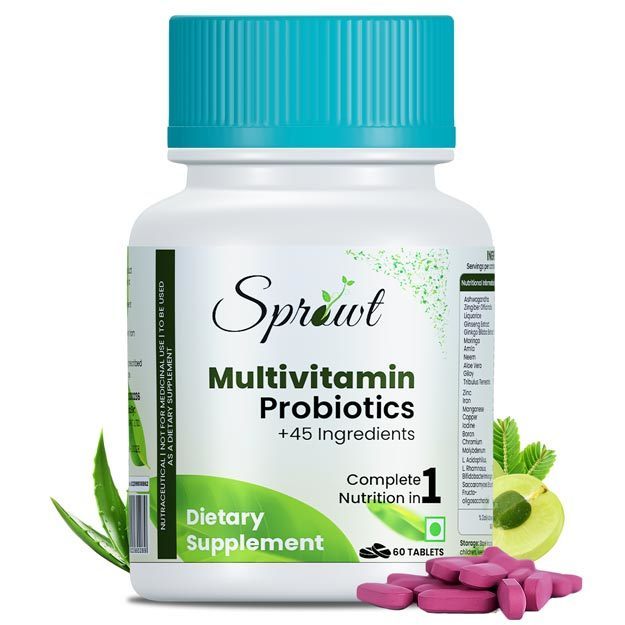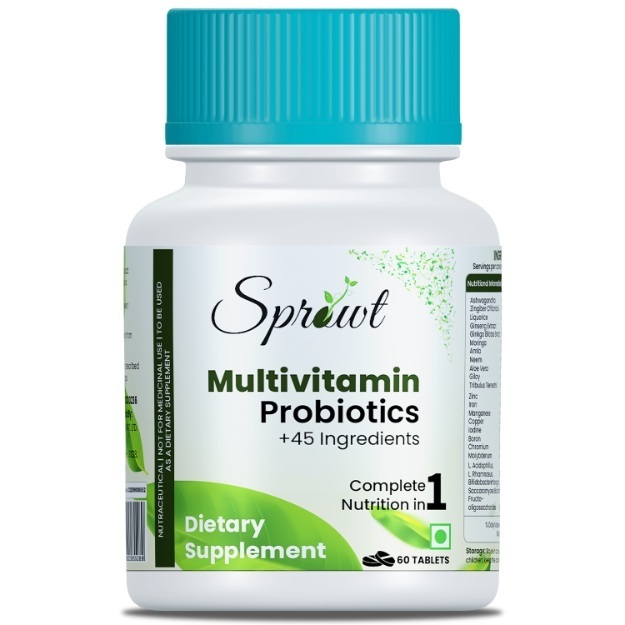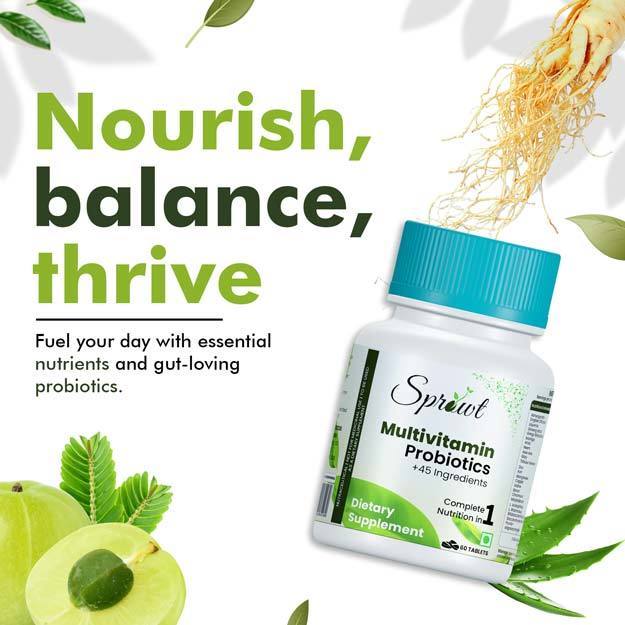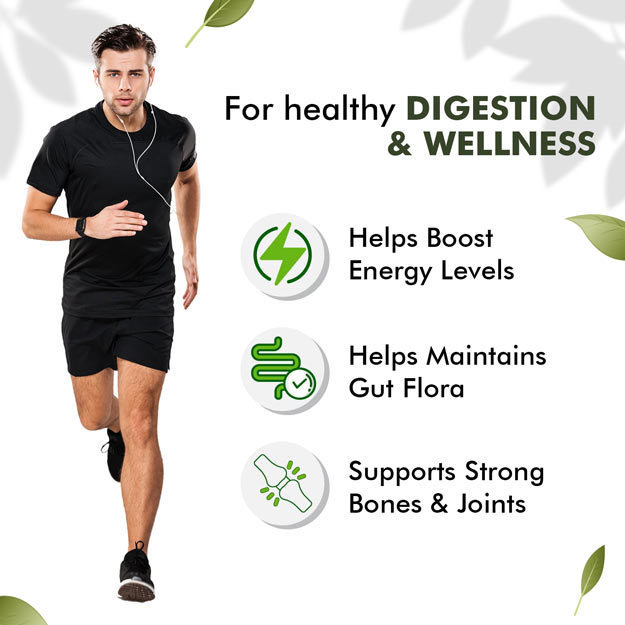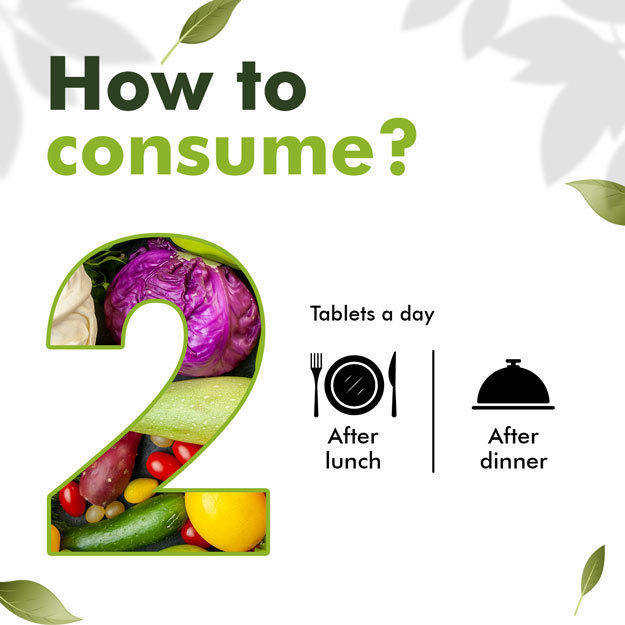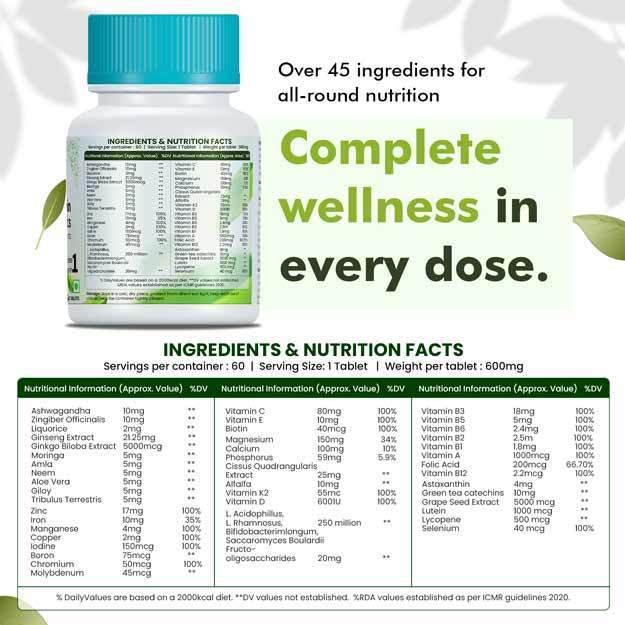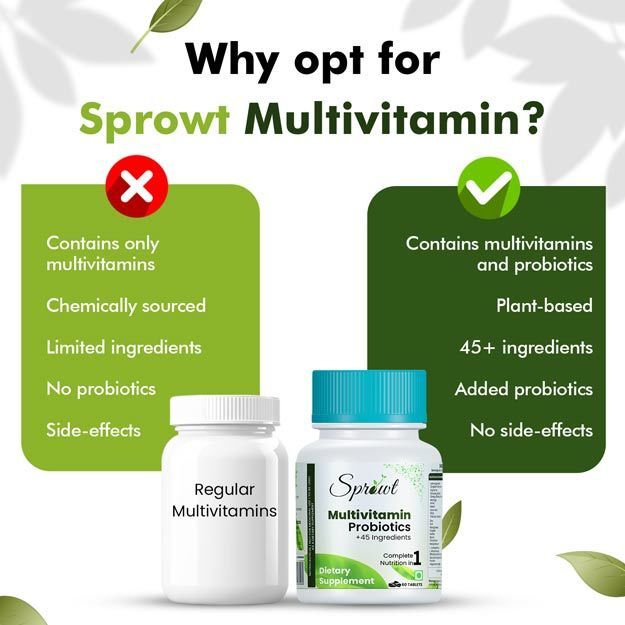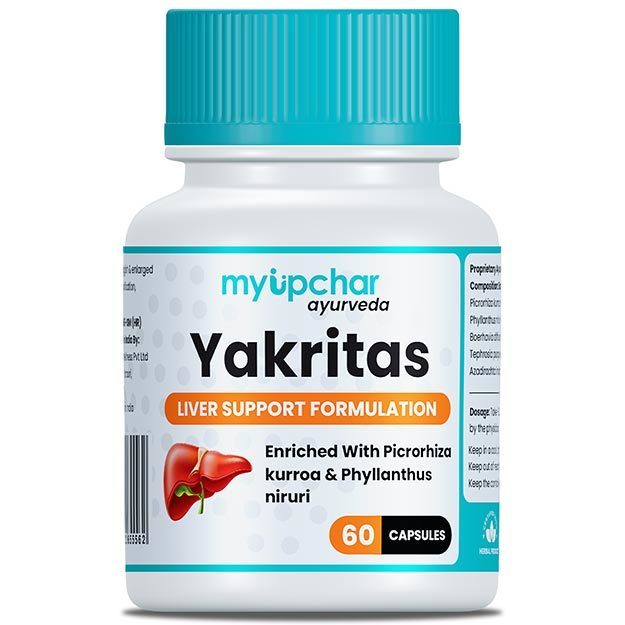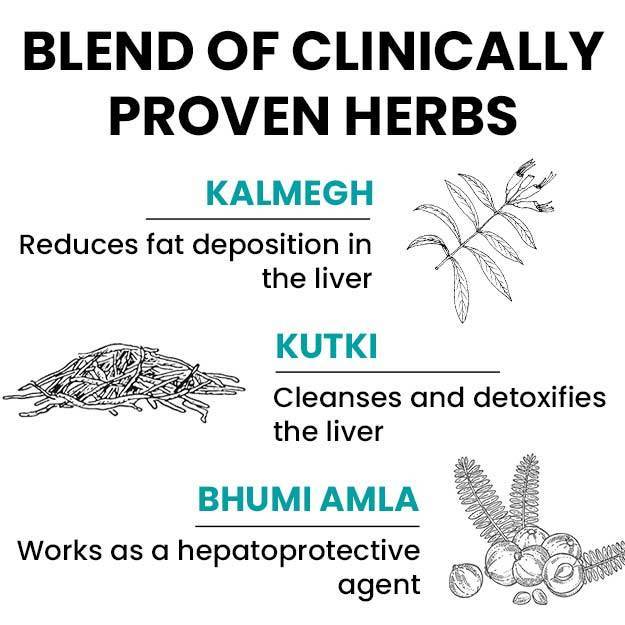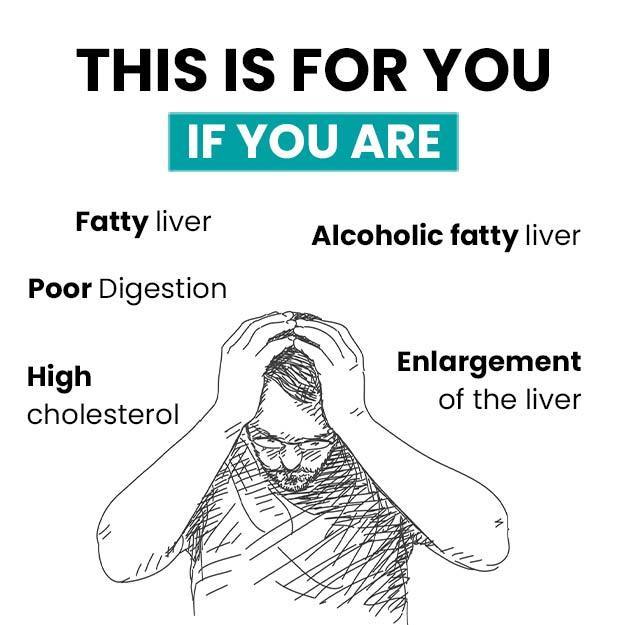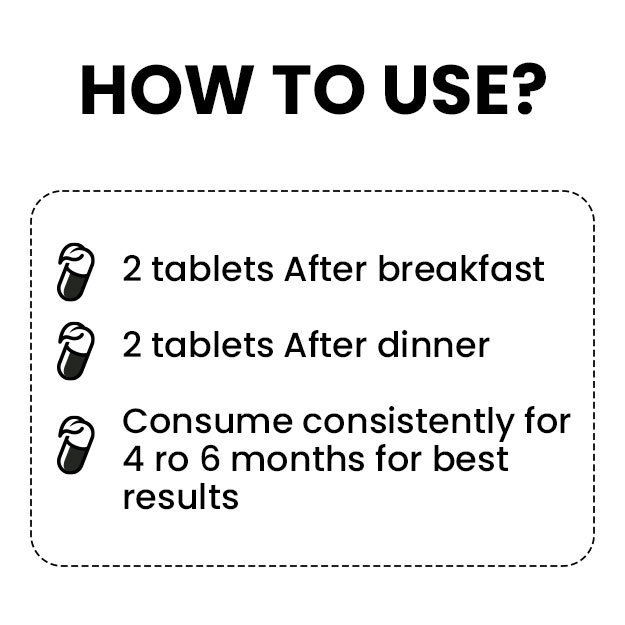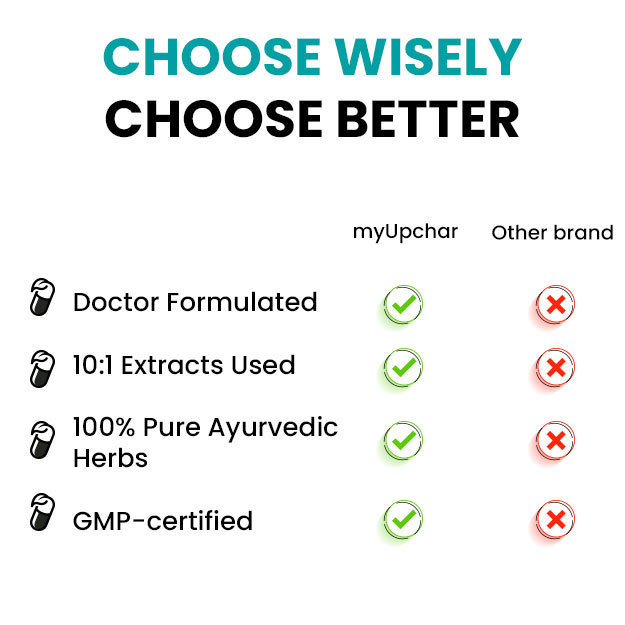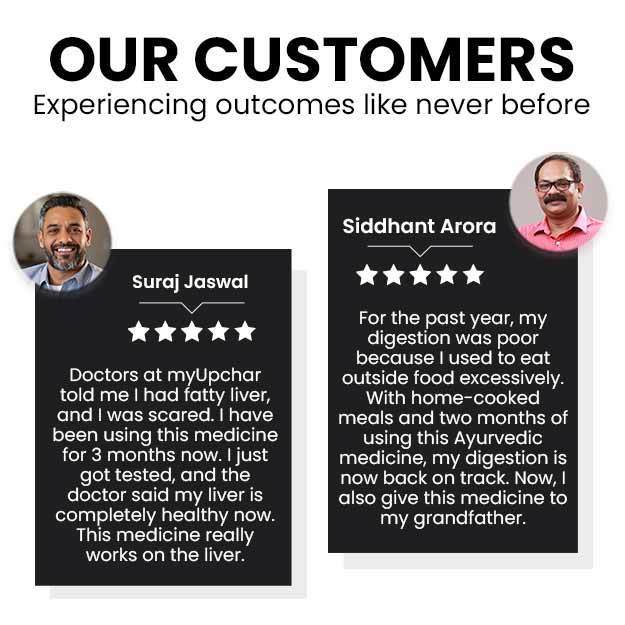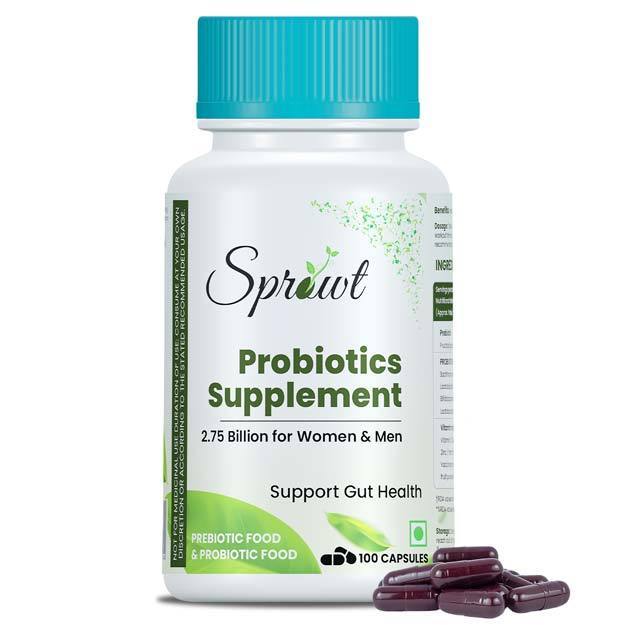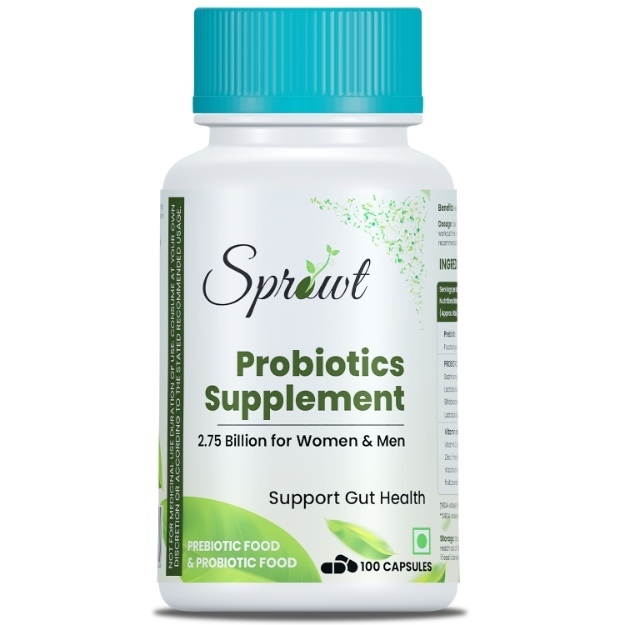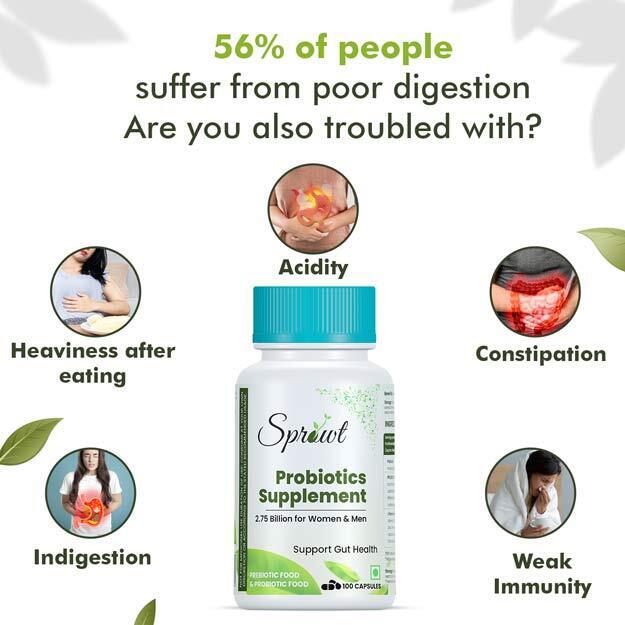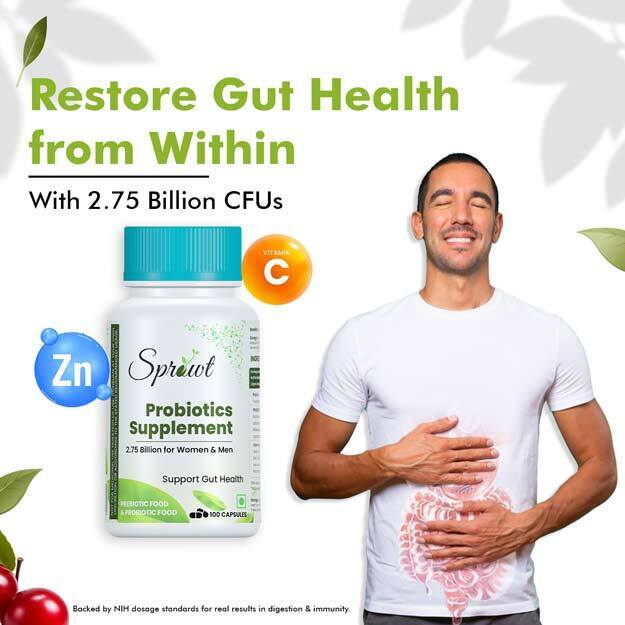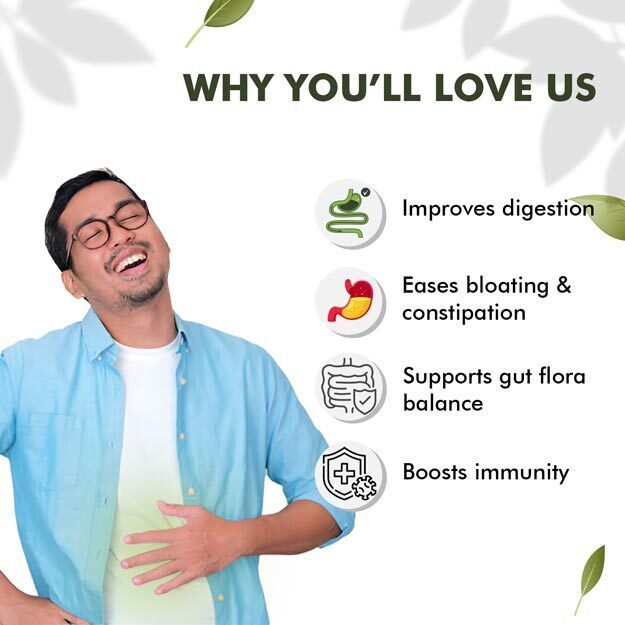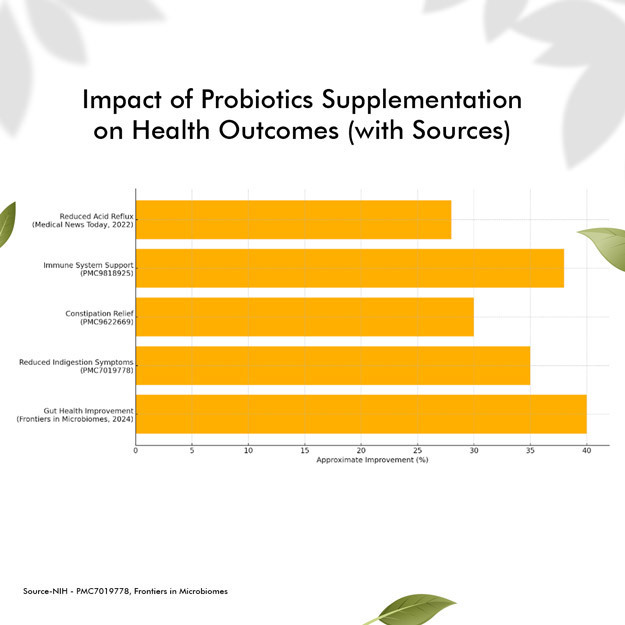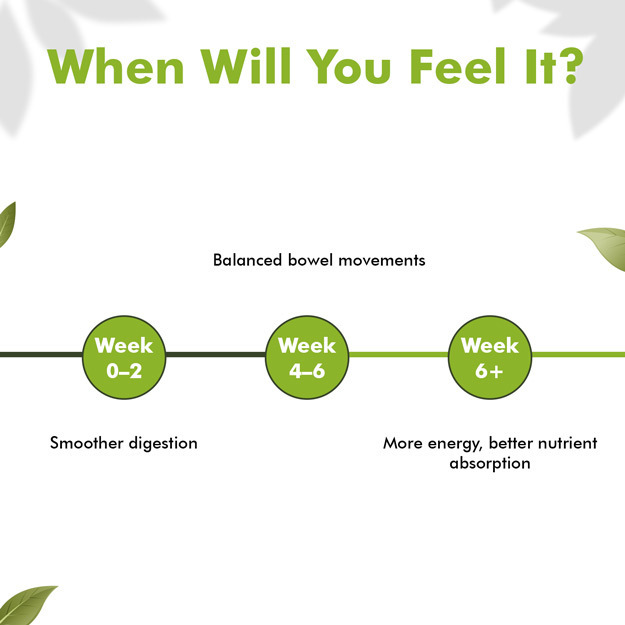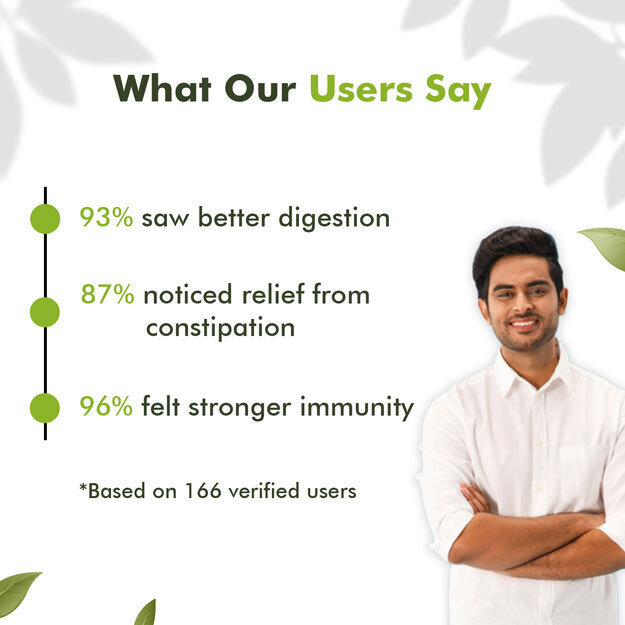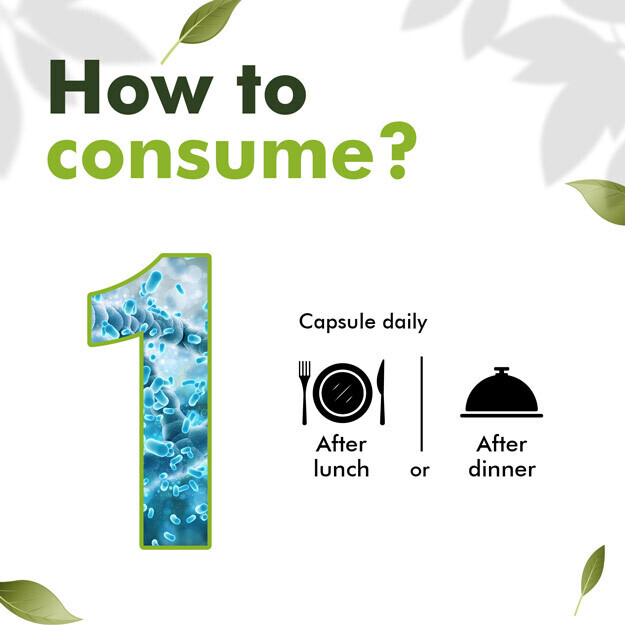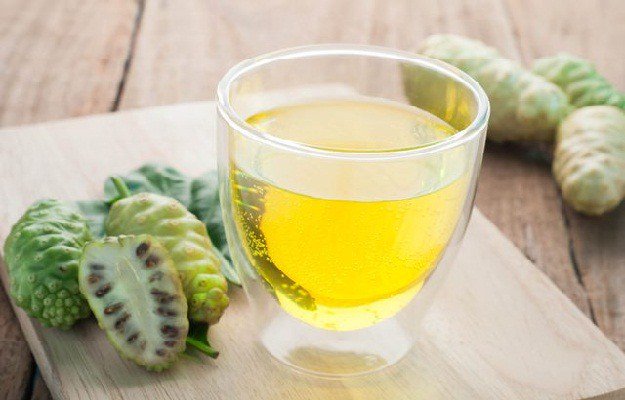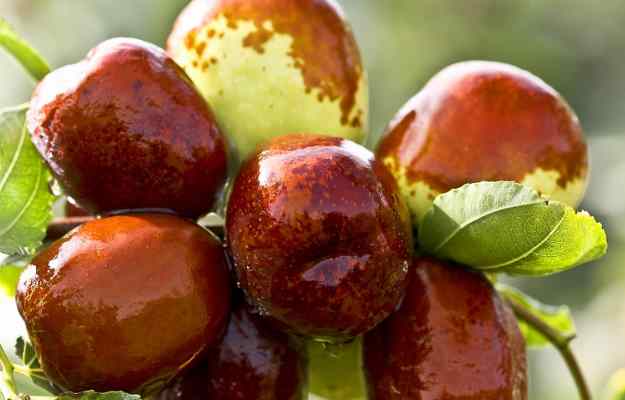Hey there, ever wondered about those little green or black ovals that jazz up your pizza or liven up your salads? We're talking about olives, and they're so much more than just a tasty garnish. Let's dive into the wonderful world of olives and discover all the amazing things they can do for you, and a few things to keep in mind!
- What Is Olive?
- Is Olive A Fruit Or Nut?
- Nutrition In Olives
- Vitamin And Minerals
- Which Is Better Green Or Black Olives?
- How Many Olives A Day Is OK?
-
What Are The Health Benefits Of Olive?
- Do Olive Burn Fat?
- Are Olives Anti-Aging?
- Is Olive Good For A Healthy Heart?
- Can Cancer Patients Eat Olives?
- Are Olives Good For Osteoporosis?
- Do Olive Cleanse The Liver?
- Are Olives Good For Hormones?
- Is Olive Good For Periods?
- Do Olives Help You Sleep?
- Are Olives Good For Swelling?
- Is Olive Good For Bloating?
- Are Olives Good For Digestion?
- Are Olives OK For Upset Stomach?
- Is Olive Good For Allergies?
- Are Olive Good For Blood Circulation?
- Are Olives Good For Skin?
- Side Effects Of Olive
- Who Should Avoid Eating Olives?
- Takeaway
What Is Olive?
So, what exactly is an olive? Well, it's the small fruit of the olive tree, a Mediterranean native known for its longevity and resilience. These little gems have been cultivated for thousands of years, cherished not just for their delicious flavor but also for their oil, which we all know and love as olive oil!
(Read More: Balanced Diet: Chart, Benefits, Importance and Definition)
Is Olive A Fruit Or Nut?
Alright, let's clear up this olive mystery once and for all! Ever wondered if that little green or black gem you're popping in your mouth is actually a fruit, or maybe some kind of fancy nut?
Well, here's the truth: An olive is, without a doubt, a fruit!
Surprised? Many people are! We often think of fruits as sweet things like apples and bananas. But in the world of botany (that's plant science for us regular folks), a fruit is simply the mature ovary of a flowering plant that contains seeds.
They grow from the flower of the olive tree, and inside every single olive is that hard pit – that's where the seed is hiding!
More specifically, olives are a type of fruit called a drupe (pronounced "droop"). Think of other drupes you know: peaches, cherries, plums... they all have that soft, fleshy outside and a single hard stone or pit in the middle. Olives are just like them, but with a wonderfully savory twist!
So, next time you're enjoying an olive, you can proudly declare you're eating a fantastic little fruit!
Nutrition In Olives
These small wonders are packed with goodness! When you pop an olive, you're getting a unique blend of fats, a little bit of carbs, and some valuable micronutrients. Here's a breakdown of what's typically in about 100 grams
- Water: 75-80%
- Fats: 11-15%
- Carbohydrates: 4-6%
- Protein: 1%
Vitamin And Minerals
Don't let their size fool you; olives are surprisingly rich in essential vitamins and minerals, though the percentages will vary depending on the specific type of olive and processing. Here are some of the stars you'll find:
(Read More: The Essential Guide to Vitamins: Names, Types)
Which Is Better Green Or Black Olives?
Alright, let's settle the great green versus black olive debate! It's a super common question, and honestly, there's a fun truth to it:
You know how green grapes and red grapes are just different colors of grapes? Or how a green banana ripens into a yellow one? Well, it's pretty much the same story with olives!
Green olives and black olives are actually the exact same fruit, just picked at different stages of ripeness:
- Green Olives: These are the early birds! They're harvested before they're fully ripe. Because they're less mature, they tend to have a firmer texture and a more pungent, sometimes bitter, and saltier flavor. They often taste a bit more "briny."
- Black Olives: These are the ones that have had more time to soak up the sun! They're left on the tree to ripen fully. This extra time makes them softer in texture and gives them a milder, fruitier, and sometimes slightly sweeter flavor.
So, when it comes to "which is better," it really boils down to your personal preference and what you're using them for!
- Do you love a bold, tangy kick in your martini or salad? Go for green!
- Do you prefer a milder, richer flavor for your pizza or charcuterie board? Black might be your jam!
From a nutritional standpoint, both green and black olives offer similar health benefits, packed with those good monounsaturated fats and antioxidants. The main differences in their nutritional profiles usually come from the curing process (how they're prepared) rather than their color.
How Many Olives A Day Is OK?
While there's no strict "magic number" that applies to everyone, the general consensus for a healthy adult is to aim for around 5 to 10 olives per day.
Here's why that's a good guideline:
- Sodium Content: The biggest reason for this recommendation is the sodium! Most olives, especially those packaged in brine (saltwater), can be pretty salty. Too much sodium isn't great for your blood pressure or if you're prone to bloating and water retention. Sticking to that handful helps you enjoy the flavor without overdoing the salt.
- Healthy Fats, Still Calories: Yes, olives are packed with amazing healthy fats, which are fantastic for your heart and overall health. But even good fats come with calories! Eating too many olives means those calories can add up quickly, which might not align with your daily calorie goals if you're trying to manage your weight.
- Nutrient Boost: A small serving of 5-10 olives is enough to give you a nice boost of those beneficial monounsaturated fats, antioxidants, and a bit of fiber without any drawbacks. You get all the goodness without the excess!
Pro Tip: If you're really sensitive to salt or just prefer to reduce it, you can give your olives a quick rinse under cold water before eating them. This can wash away some of the surface sodium without losing all the flavor!
(Read More: What are healthy food and their health benefits)
What Are The Health Benefits Of Olive?
Get ready for a long list of why olives are awesome for your health! Thanks to their rich content of healthy fats, antioxidants, and anti-inflammatory compounds, olives contribute to overall well-being in many ways. They're like tiny health guardians working tirelessly in your body!
Do Olive Burn Fat?
While olives don't directly "burn fat" in the way some magical pills might claim, their healthy fats can play a supportive role in weight management. The monounsaturated fats in olives can help you feel fuller and more satisfied, which might lead to eating less overall. Plus, a healthy diet rich in good fats is essential for a well-functioning metabolism. So, while they're not a magic bullet, they're definitely a positive addition to a weight-conscious diet.
Are Olives Anti-Aging?
You bet they are! Those incredible antioxidants we mentioned earlier, like Vitamin E and polyphenols, are fantastic at fighting off free radicals in your body. Free radicals are unstable molecules that can damage your cells and contribute to aging. By neutralizing these harmful elements, olives can help protect your skin and other tissues, potentially contributing to a more youthful glow from the inside out. It's like a natural shield against the ravages of time!
Is Olive Good For A Healthy Heart?
Absolutely! Olives are champions for heart health. The monounsaturated fats found abundantly in olives are known to help lower "bad" LDL cholesterol levels while increasing "good" HDL cholesterol. This can significantly reduce your risk of heart disease and stroke. Think of olives as little guardians for your cardiovascular system, keeping everything running smoothly.
Can Cancer Patients Eat Olives?
For many cancer patients, incorporating olives into their diet can be beneficial. The antioxidant and anti-inflammatory properties of olives are thought to have protective effects against certain types of cancer. While olives are not a cure for cancer, they can be a valuable part of a healthy, supportive diet during and after treatment. However, it's always crucial for cancer patients to consult with their doctor or a registered dietitian before making significant dietary changes, especially due to potential interactions or specific dietary needs related to their treatment.
(Read More: Diet for Cancer Patients: Which foods to eat)
Are Olives Good For Osteoporosis?
Yes, they can be! Olives contain compounds that may help in bone health. Research suggests that some of the components in olives, particularly polyphenols, might have anti-inflammatory effects that could be beneficial for bone density. While they won't single-handedly cure osteoporosis, including them as part of a balanced diet rich in calcium and Vitamin D can contribute to stronger bones.
Study About Olive Benefits For Osteoporosis
"The Effect of Olive, Olive Oil and Its Polyphenols on the Prevention and Treatment of Osteoporosis: A Review" is a comprehensive review published on July 26, 2016, authored by Kok-Yong Chin and Soelaiman Ima-Nirwana. It delves into existing evidence from cellular, animal, and human studies to assess how olives, olive oil, and their polyphenols can protect against and potentially treat osteoporosis.
This review highlighted several significant discoveries across different research types. Animal studies consistently showed that including olives, olive oil, or olive polyphenols in diets could improve bone health. At the cellular level, experiments revealed that olive polyphenols boosted the growth of bone-forming cells (osteoblasts) and reduced the formation of cells that break down bone (osteoclasts). What's more, human studies indicated that daily olive oil consumption could prevent a decline in bone mineral density and enhance markers of healthy bone turnover.
Specific findings from the research were quite compelling. For instance, black Lucques olives were found to prevent bone mineral density loss in the femur of inflamed, ovariectomized rats. Extra virgin olive oil also stopped the reduction in femoral bone mineral density in rats with induced inflammation and prevented the thinning of both cortical and trabecular bone. Interestingly, one study even suggested that olive oil was as effective as estrogen replacement therapy in preventing bone loss after menopause, underscoring its potential.
To form its conclusions, this review drew upon a wide array of research, including cellular (in vitro), animal, and human studies, all focused on the bone-protective effects of olives, olive oil, and their polyphenols. The document didn't include details about any specific surveys conducted.
While the review didn't provide explicit, direct recommendations, its implications are very clear: olives, olive oil, and their polyphenols show great promise as dietary ways to prevent osteoporosis, especially in older individuals. The consistent positive results observed across various study types strongly suggest they could be a valuable, natural approach to supporting bone health.
In summary, this review powerfully concludes that olives, olive oil, and their polyphenols are significant potential dietary tools for preventing osteoporosis, particularly as people age. The robust evidence from diverse research methodologies strongly supports their role in maintaining and promoting strong, healthy bones.
Do Olive Cleanse The Liver?
While olives are part of a healthy diet that supports overall liver function, there's no scientific evidence to suggest that they specifically "cleanse" the liver. Your liver is a remarkable organ that cleanses itself! However, the healthy fats and antioxidants in olives can certainly support liver health by reducing oxidative stress and inflammation, contributing to its efficient operation. So, think of them as liver supporters, not liver cleansers.
(Read More: Diet For Liver Infection)
Are Olives Good For Hormones?
Olives, particularly their healthy fats, can indirectly support hormonal balance. Hormones are derived from fats, and consuming healthy fats like those in olives provides the building blocks for proper hormone production. Furthermore, the anti-inflammatory properties of olives can help reduce inflammation, which can sometimes interfere with hormonal regulation. So, while they don't directly "fix" hormones, they contribute to an environment where your hormones can function optimally.
Is Olive Good For Periods?
For many, olives can be a helpful addition during their menstrual cycle. The anti-inflammatory compounds in olives might help reduce menstrual cramps and discomfort. Additionally, if you're experiencing heavy periods, the iron content in olives can be a small but helpful boost to prevent iron deficiency. While not a magic bullet, they can definitely be a comforting and beneficial food during that time of the month.
Do Olives Help You Sleep?
While olives aren't a direct sedative, some people find that incorporating healthy fats into their evening meal can contribute to better sleep. The monounsaturated fats in olives can help regulate blood sugar levels, preventing spikes and crashes that might disrupt sleep. Plus, the overall feeling of well-being from a healthy diet can contribute to more restful nights. Think of them as a peaceful addition to your evening plate, rather than a sleep aid.
Are Olives Good For Swelling?
Yes, they can be! Olives are rich in powerful anti-inflammatory compounds, particularly polyphenols. These compounds work to reduce inflammation throughout your body, which can help alleviate swelling caused by various conditions, including injuries, arthritis, or even just general fluid retention. So, if you're feeling a bit puffy, some olives might offer a gentle helping hand.
(Read More: Foods to reduce swelling)
Is Olive Good For Bloating?
For some, olives can help with bloating. The fiber content in olives can promote healthy digestion and regular bowel movements, which can prevent the kind of constipation that often leads to bloating. Additionally, their anti-inflammatory properties might help soothe an irritated digestive system. However, for others, the sodium content in cured olives might temporarily contribute to water retention, so it's a bit of a personal balance.
Are Olives Good For Digestion?
Absolutely! Olives are a good source of dietary fiber, which is essential for a healthy digestive system. Fiber adds bulk to your stool, helping it move smoothly through your digestive tract and preventing constipation. It also feeds the good bacteria in your gut, contributing to a healthy gut microbiome. So, yes, olives are definitely a friend to your digestive system!
Are Olives OK For Upset Stomach?
This one depends on the cause of the upset stomach. If your stomach is upset due to indigestion or mild constipation, the fiber in olives might help. However, if you're experiencing an acute upset stomach, especially with nausea or diarrhea, the fat content in olives might be too much for a sensitive digestive system. It's usually best to stick to bland foods when your stomach is truly upset. Listen to your body on this one!
Is Olive Good For Allergies?
While olives themselves aren't a direct treatment for allergies, their anti-inflammatory properties can indirectly be beneficial. Many allergic reactions involve inflammation, and the compounds in olives can help reduce this inflammatory response. However, it's important to note that some people can actually be allergic to olives or olive pollen themselves, so if you suspect an olive allergy, you should avoid them.
Are Olive Good For Blood Circulation?
Yes, olives are great for blood circulation! The monounsaturated fats in olives, particularly oleic acid, contribute to healthy blood vessel function. They can help keep your arteries flexible and strong, promoting smooth blood flow throughout your body. This is another way olives support overall cardiovascular health and ensure your cells get the oxygen and nutrients they need.
(Read More: What causes poor blood flow and how to improve)
Are Olives Good For Skin?
Definitely! The same antioxidants that make olives anti-aging also do wonders for your skin. Vitamin E and polyphenols help protect skin cells from damage caused by environmental factors like pollution and UV radiation. These compounds can contribute to a healthier complexion, help reduce the appearance of fine lines, and promote a natural radiance. Both eating olives and using olive oil topically can benefit your skin!
Side Effects Of Olive
While olives are generally fantastic, it's good to be aware of a few potential downsides, especially if you're consuming them in large quantities or have specific health conditions.
Is Olive High In Histamine?
Yes, olives, especially fermented or cured ones, can be relatively high in histamine. For most people, this isn't an issue. However, if you have histamine intolerance, consuming a large amount of olives might trigger symptoms like headaches, itching, or digestive upset. If you know you're sensitive to histamine, it's wise to moderate your olive intake.
Why Don’t We Eat Raw Olives?
Ever tried biting into a fresh olive right off the tree? If you have, you probably quickly realized why we don't! Raw olives are incredibly bitter due to compounds called oleuropein. They're practically inedible. Olives need to go through a curing process (like brining, water curing, or dry curing) to remove this bitterness and make them palatable. This is why you always find them processed before they hit your plate!
Are Salty Olives Unhealthy?
Many olives, especially those preserved in brine, can be quite high in sodium. While sodium is an essential nutrient, too much of it can contribute to high blood pressure, fluid retention, and other health issues, especially for individuals sensitive to salt. So, while enjoying salty olives occasionally is fine, if you're watching your sodium intake, look for lower-sodium varieties or rinse them before eating.
(Read More: Bad Habits You Must Break for a Healthier Heart)
Who Should Avoid Eating Olives?
While olives are generally safe and healthy for most people, there are a few groups who might need to be cautious:
- Individuals with sodium sensitivity or high blood pressure: Due to the high sodium content in many cured olives.
- People with histamine intolerance: As olives can be a source of histamine.
- Those with olive allergies: Although rare, some people can be allergic to olives or olive pollen.
Individuals on very low-fat diets: Due to their healthy fat content, they still contribute calories. Always consult with your healthcare provider if you have any concerns or specific dietary restrictions.
Takeaway
So there you have it! Olives are tiny but mighty powerhouses, bursting with healthy fats, antioxidants, and essential nutrients. From supporting your heart and bones to potentially helping your skin and digestion, they offer a wide array of benefits. Just remember to enjoy them in moderation, especially keeping an eye on the sodium content, and they'll be a delicious and valuable addition to your healthy lifestyle. Pop an olive and enjoy the goodness!
Medicines / Products that contain Olive
- Laxmi Organics Extra Virgin Olive Oil 200ml - ₹248
- Herbal Canada Jaitoon Oil 200ML - ₹204
- Bactimo Oil 50ml - ₹160
- Herbal Canada Jaitoon Oil 30ML - ₹34
- Boomcal Olive Tablet (10) - ₹306
- Hasthkar Handmades Glycerine Khus Soap 125gm (Pack of 4) - ₹300
- Laxmi Organics Extra Virgin Olive Oil 500ml - ₹378
- LDD Bioscience Glow More Soap (75 gm) - ₹58
- Maha Herbals Maha Nerve Pain Relief Oil - ₹138
- Herbal Canada Jaitoon Oil 100ML - ₹110
- Herbal Canada Olive Vinegar - ₹200
- Golite Skin Lightening Cream - ₹474
- Herbal Canada Jaitoon Oil 50ML - ₹59
- Zenius B Fit Cream Pack of 2 (50 Gm each) - ₹961
- Himalaya Baby Lotion 200ml - ₹185
- Lumivoid Cream 15gm - ₹537
- Kesavardhini Concentrate Oil Pack of 4 (25ml Each) - ₹240
- Alka Ayurvedic Pharmacy Relax Body Massage Oil - ₹199
- Laxmi Organics Olive Oil 200ml - ₹228
- Moha Moisturizing Lotion 200ml - ₹267
- Sadhana Olive oil 100 ml - ₹137
- Zenius B Fit Cream 50 Gm - ₹549
- Laxmi Organics Olive Oil 2000ml - ₹1098
- Bakson Anti Wrinkle Cream 50gm - ₹119
- Cave Ayurveda Herbal Hair Growth Serum - ₹195
- Moha Rejuvenating Massage Oil 100ml - ₹149
- Vitafest O Tablet - ₹603
- Zenius Hip Up Cream 50gm - ₹549
- Parasoft Shower Gel 100ml - ₹298
- Parasoft Cream 60gm - ₹149
- Vedi Himalayan Cedarwood & Patchouli Castile Soap Bar 100gm - ₹199
- Parasoft Soap (1) - ₹128
- Mamaearth Original Orange Body Lotion & Cream For Kids With Orange & Shea Butter 400 Ml - ₹399
- Samisha Hand And Nail Care Cream For Hand And Nail Treatment 75gm - ₹299
- Soliwax O Ear Drop - ₹185
- Laxmi Organics Olive Oil 500ml - ₹348
- Devson Pharma Elora Oil 30ml - ₹579
- Mamaearth Skin Plump Face Serum - ₹599
- Mamaearth Onion Hair Serum For Silky & Smooth Hair 100ml - ₹299
- Vedi Multi Herbal Shampoo With Hempseed Oil 200ml - ₹499
- Laxmi Organics Olive Oil 1000ml - ₹628
- Zenius B Cute Kit for breast reduction & bust tightening - ₹1169
- Devson Pharma Olive Oil 100ml - ₹579
- Himalaya Baby Massage Oil 200ml - ₹199
- Laxmi Organics Extra Virgin Olive Oil 1000ml - ₹648
- Laxmi Organics Extra Virgin Olive Oil 2000ml - ₹1038
- Bakson Anti Wrinkle Cream 125gm - ₹212
- Cipzer Roghan Suranjan 50 ml - ₹449
- Cipzer Roghan Zaitoon 100 ml - ₹449
- Origine Naturespired Body Lotion To Make Skin Softer 200 ml - ₹390





